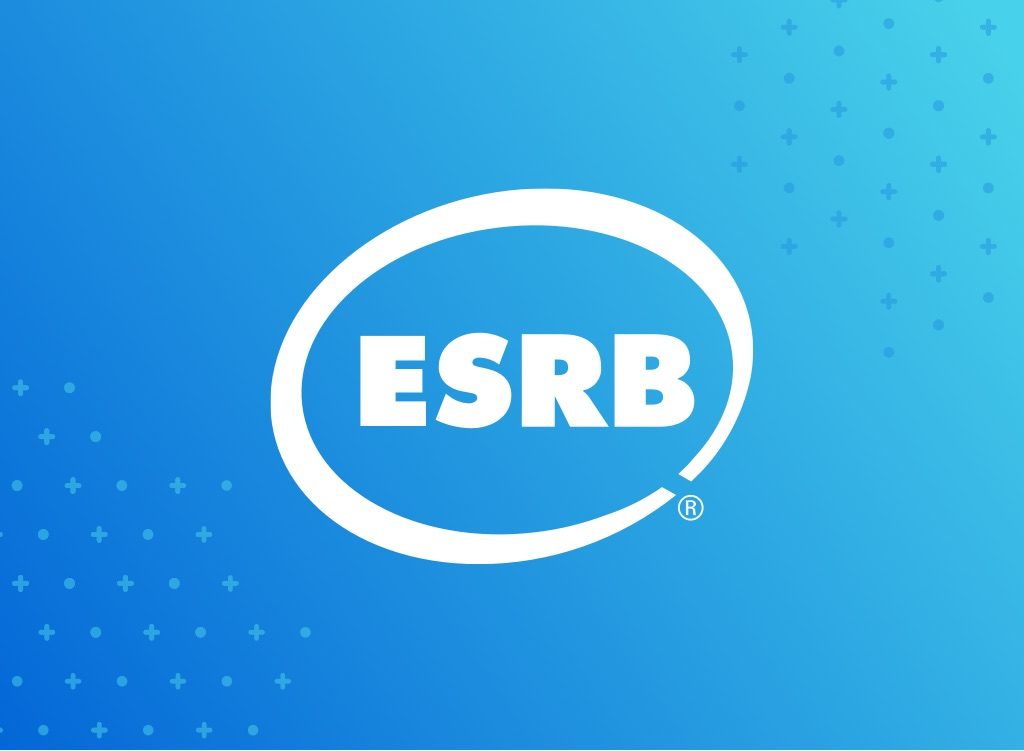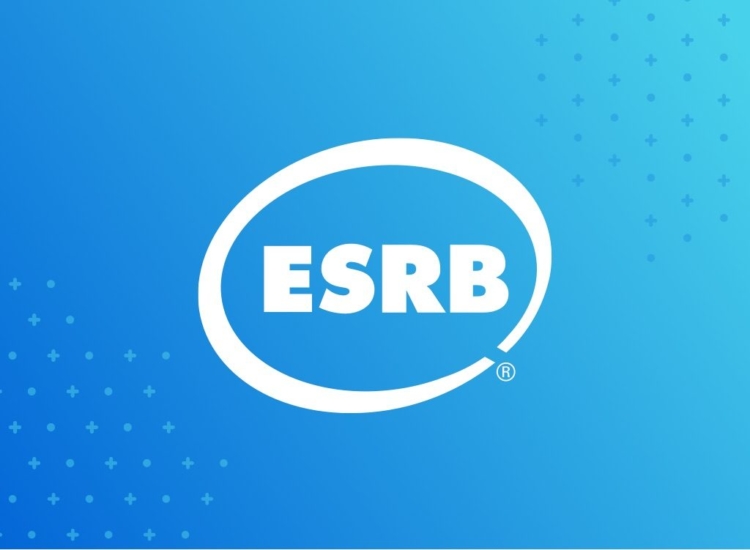ESRB Launches New PSA Campaign With Artwork By Penny Arcade

New Print and Online Campaign Features Real People Sharing Advice about Choosing the Right Video Game
NEW YORK, NY – The Entertainment Software Rating Board (ESRB) today unveiled a new PSA campaign featuring artwork designed by the creators of the hugely popular video game webcomic Penny Arcade. The three-part national print and online campaign features caricatures based upon real parents and gamers, each of whom conveys a unique perspective about the ESRB ratings and tools like rating summaries and the ESRB mobile app. These ads will start appearing this spring in parent-focused and game enthusiast media outlets nationwide.
Designed in the iconic Penny Arcade comic style, each PSA highlights a different ESRB resource, from using the ratings when buying games for one’s family, to checking rating summaries for more detailed accounts of a game’s content, to using the ESRB mobile app to get rating summaries right from the game store aisle. The parents and gamers on which the ads are based were selected via an ESRB-sponsored micro-essay contest on Facebook wherein entrants were asked to describe the value of the ESRB ratings and resources like rating summaries. As part of the prize package the three winners won the opportunity to be drawn as a Penny Arcade character in an ESRB PSA campaign.
“Our new PSA campaign is designed to get the message to parents that there are tools they can use to make informed choices about video games for their children and families, even beyond the rating on a game’s package,” says ESRB president Patricia Vance. “We felt there was no one better to share insights about the ESRB ratings than real parents and gamers who use the ratings themselves. And the artists at Penny Arcade provided the cool, eye-catching visual elements to bring the campaign to life with an artistic style that is uniquely and unmistakably their own.”
The new stars of the ESRB PSA campaign include:
Juri Peterson is a Navy wife and mother of two tweens from Lakeside, CA. Everyone in her family is a gamer. “We make judgment calls on each and every game,” Juri says in her winning contest entry. “Rating summaries are a good start to the decision-making process.”
Richard Hosler, a married father of one from Lafayette, IN, is a gamer who is just now introducing his young son to video games. “The elements that make a game E, or T, or M may have different interpretations to me than other parents,” notes Richard. “I am glad to have the additional information from ESRB to help me make a decision.”
Joshua Conway is a devoted gamer from Los Angeles, CA who understands that not all games are right for all kids. “A game’s rating summary gives an in-depth look at the reasons behind the rating for that title,” says Joshua. “This gives clarity to parents who are properly monitoring the content their children are being exposed to and gives them a better tool to aid in decisions regarding such content.”
In conjunction with the launch of the new PSA campaign ESRB will be co-hosting a Twitter Party on February 23rd at 9:00 pm ET/6:00 pm PT with Johner Riehl of Family Friendly Video Games (@FmlyFrndlyVdGms) and Mary Heston of WiredMoms (@maryheston) to discuss the many ways the ESRB helps consumers choose the right video games. To join the conversation, RSVP at http://on.fb.me/y2MISB and use Twitter hashtag #ESRB.
This campaign is the latest of ESRB’s ongoing efforts to educate parents about the tools at their disposal. ESRB engages in various public education initiatives including PSA campaigns with retailers, professional sports teams and elected officials including governors, attorneys general and legislators.
Since their inception in 1994, the ESRB ratings have become a trusted resource for parents when choosing computer and video games. According to the latest research conducted by Peter
- Hart Research Associates and commissioned by the ESRB, 85% of parents with children who play video games are aware of the ESRB ratings, two-thirds use them regularly, and over three quarters consider the rating system “very helpful” in allowing them to choose games for their children.
Parents can look up a game’s rating summary via a free mobile app (esrb.org/tools-for-parents/mobile-app/). Ratings information, including rating summaries and additional resources for parents, are also available on ESRB.org; mobile website, m.esrb.org; ESRB’s Facebook page, and on Twitter (@ESRBRatings).
– 30 –
About Entertainment Software Rating Board (ESRB)
The ESRB is a non-profit, self-regulatory body that assigns age and content ratings for video games and mobile applications so parents can make informed choices. As part of its self-regulatory role for the video game industry the ESRB also enforces industry-adopted advertising guidelines and helps to ensure responsible online privacy practices under its Privacy Online program. Visit www.esrb.org for more information.
Contact:
Beth Llewlyn
206.406.5027
beth@zebrapartners.net

